Corporate News
Company News
- Fluorocarbon aluminum veneer: the fashionable "outerwear" of the construction industry
- Customized aluminum veneer, creating a new trend of personalized space!
- Mysterious Design: Unveiling the Unique Charm of Hyperbolic Aluminum Veneer
- Aluminum veneer, the "invisible" protector of modern architecture
- Fluorocarbon aluminum veneer: the integration of art and technology in modern architecture
Industry dynamics
- The Position and Development Trend of Curved Fluorocarbon Aluminum Veneer in Environmentally friendly Building Materials
- Aluminum veneer punching, a space magician with infinite creativity
- Aluminum veneer customization, creating the art of personalized space
- Will the use of aluminum veneer affect the waterproof performance of buildings?
- Market Outlook for Wave Hyperbolic Aluminum Veneer
Frequently asked questions
- What is the sound absorption effect of aluminum veneer?
- Can aluminum veneer be used for building insulation design?
- What are the advantages of aluminum veneer compared to other building materials in modern architecture?
- How does aluminum veneer provide the weather resistance required for modern buildings?
- Is there any restriction on the size customization of aluminum veneer?
contact us
Mobile:+86 15627778610
Email: 2201229786@qq.com
Address: No. 5 Binjiang Road, High tech Zone, Zhaoqing City, Guangdong Province
Aluminum veneer: making buildings more environmentally friendly and energy-efficient
- Author: Jinba Aluminum Industry (Guangdong) Co., Ltd
- Release time: March 16, 2025 00:19:39
- Click:0
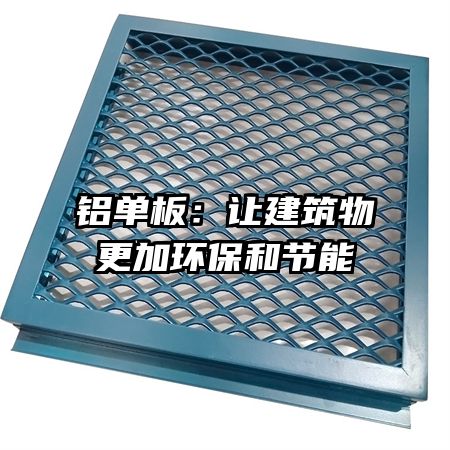
Aluminum veneerMake buildings more environmentally friendly and energy-efficient
With people's increasing emphasis on environmental protection and energy conservation, the selection of building materials has also become increasingly focused on environmental friendliness and energy efficiency. Aluminum veneer, as a new type of building material, is highly favored due to its excellent environmental friendliness and energy efficiency. This article will elaborate on the environmental and energy-saving advantages of aluminum veneer in the construction field from four aspects.
1、 Recyclable and reusable
Aluminum veneer is made of aluminum alloy and has the characteristic of being recyclable and reusable. Aluminum veneer can be recycled and reused during building renovation or demolition without causing environmental pollution. In contrast, traditional building materials such as stone and glass cannot be recycled and can cause irreversible damage to the environment.
In addition, the production process of aluminum veneer also reduces a large amount of exhaust gas, wastewater, and waste residue emissions, greatly reducing the pollution caused to the environment.
2、 Strong corrosion resistance
Aluminum veneer has good corrosion resistance and can effectively resist the erosion of natural environments such as acid rain and seawater. In contrast, traditional building materials such as stone and concrete are susceptible to erosion from the natural environment, leading to a shortened lifespan of the building.
Aluminum veneer has strong corrosion resistance, ensuring the long-term service life of buildings, reducing maintenance and replacement costs, and thus saving energy and resources.
3、 Good insulation and sound insulation effect
Aluminum veneer has good thermal and sound insulation effects, which can effectively reduce the energy consumption of buildings. The surface coating of aluminum veneer can reflect sunlight, avoid high indoor temperatures, and reduce the frequency of air conditioning use. At the same time, the sound insulation effect of aluminum veneer is also very good, which can isolate external noise and improve indoor comfort.
In contrast, traditional building materials such as stone and glass have poor insulation and sound insulation effects, requiring additional insulation or sound insulation materials, which increases the cost of the building.
4、 Convenient and fast construction
The installation and disassembly of aluminum veneer is very convenient and fast, which can greatly shorten the construction time of buildings. Aluminum veneer is lightweight and has regular dimensions, which can be prefabricated in the factory, reducing the time and cost of on-site processing. At the same time, the connection method of aluminum veneer is also very simple, which can be connected by bolts or clips, without the need for complex processes such as welding.
In contrast, traditional building materials such as stone and glass require on-site processing and installation, which is time-consuming and labor-intensive, increasing the construction cost of buildings.
5、 Summary
In summary, aluminum veneer, as a new type of building material, has advantages such as recyclability, strong corrosion resistance, good thermal and sound insulation effects, and convenient and fast construction, which can make buildings more environmentally friendly and energy-efficient. With people's increasing demands for environmental protection and energy conservation, the application prospects of aluminum veneer in the construction field will become increasingly broad.

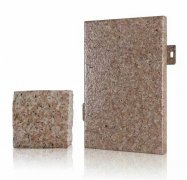
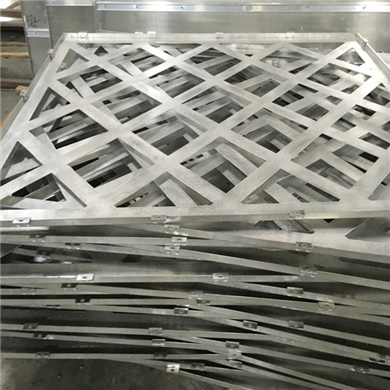
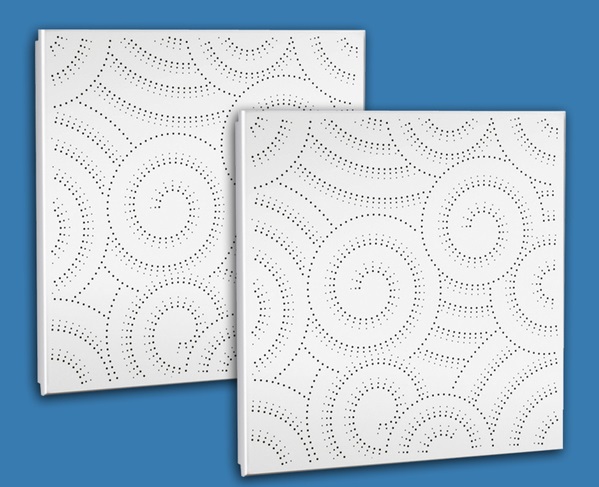
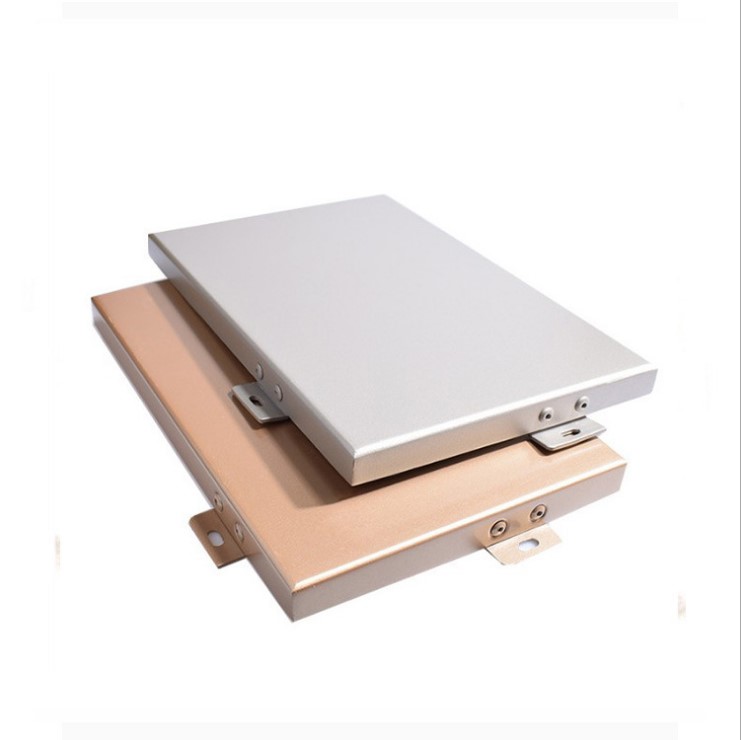
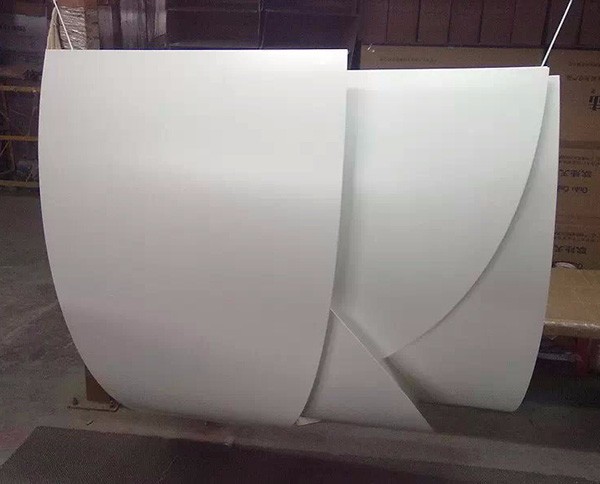
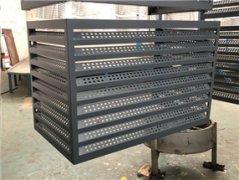
 Customer service QQ
Customer service QQ